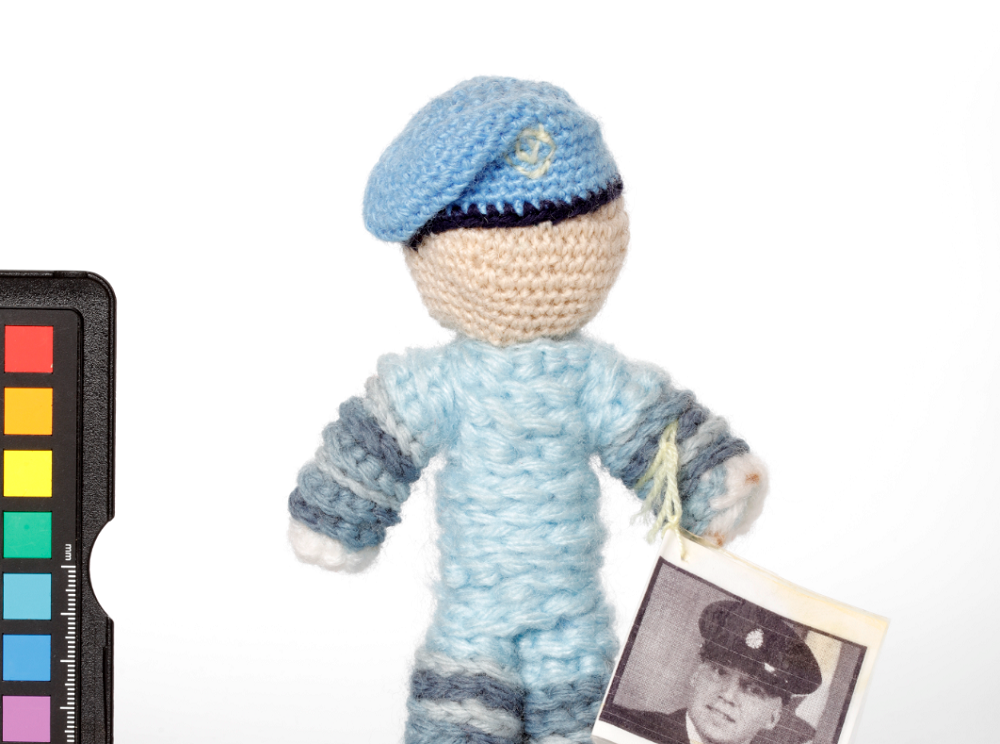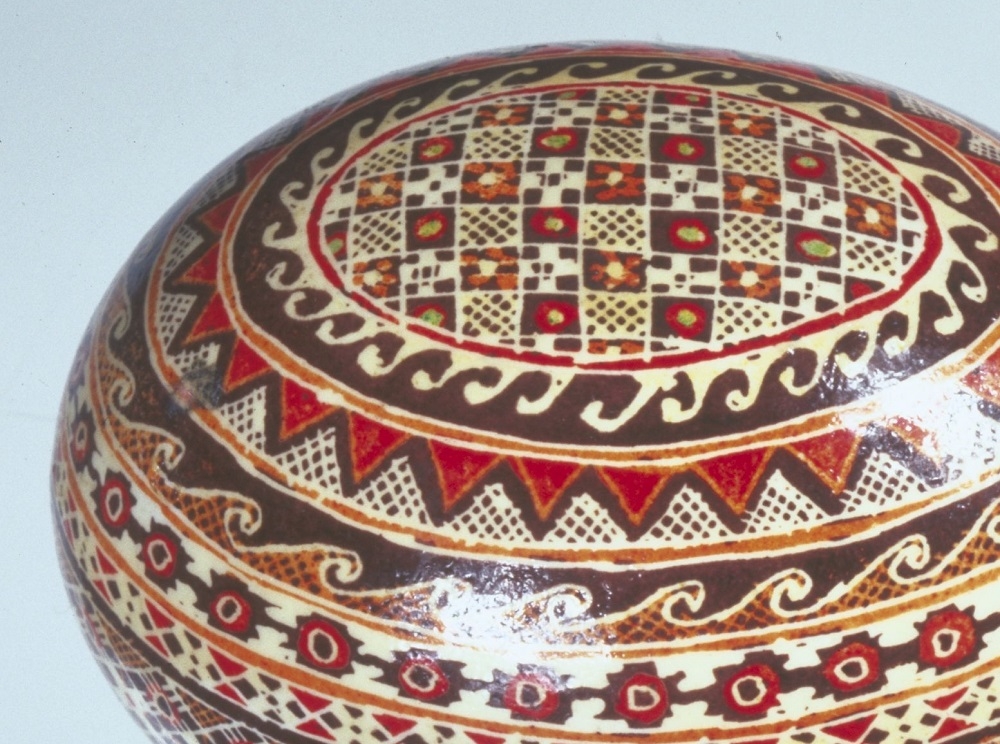
Modern Canada
During the 1900s, Canada asserted itself as an independent nation, made stronger by its wartime sacrifices and by political reforms. Canadians also worked to build a more prosperous society for all.
By the end of the 1800s, federal policy toward Indigenous peoples centred on two main goals. One was to gain access to their lands and resources. The other was to reduce the number of legal and historical obligations, including treaty rights, the government had with them. Indigenous peoples responded to these threats through resistance, cultural affirmation and self-determination, and in so doing challenged and changed Canada.
Contemporary Quebec evolved dramatically, leaving the rest of Canada struggling to understand. During the 1960s, the Quiet Revolution brought a series of rapid reforms. Since the 1970s, the debate on independence has divided Quebecers.
Political and social struggle, along with changing social norms, helped to broaden rights and social inclusion over the last century. Issues surrounding immigration, racism and rights and freedoms are explored in this section. The challenge of negotiating differences remains a constant in Canada today.
Canada became a significant international player as a result of the Second World War. Weighing the interests of its traditional allies against recent global challenges and its own national development, Canada became active in several associations for peace, democracy and human rights. It also accepted important defence obligations as part of a Western military alliance. Individual Canadians developed international networks in areas from humanitarian aid and law to arms control.
Learn more about these moments in our modern history by clicking on the objects below.
Objects

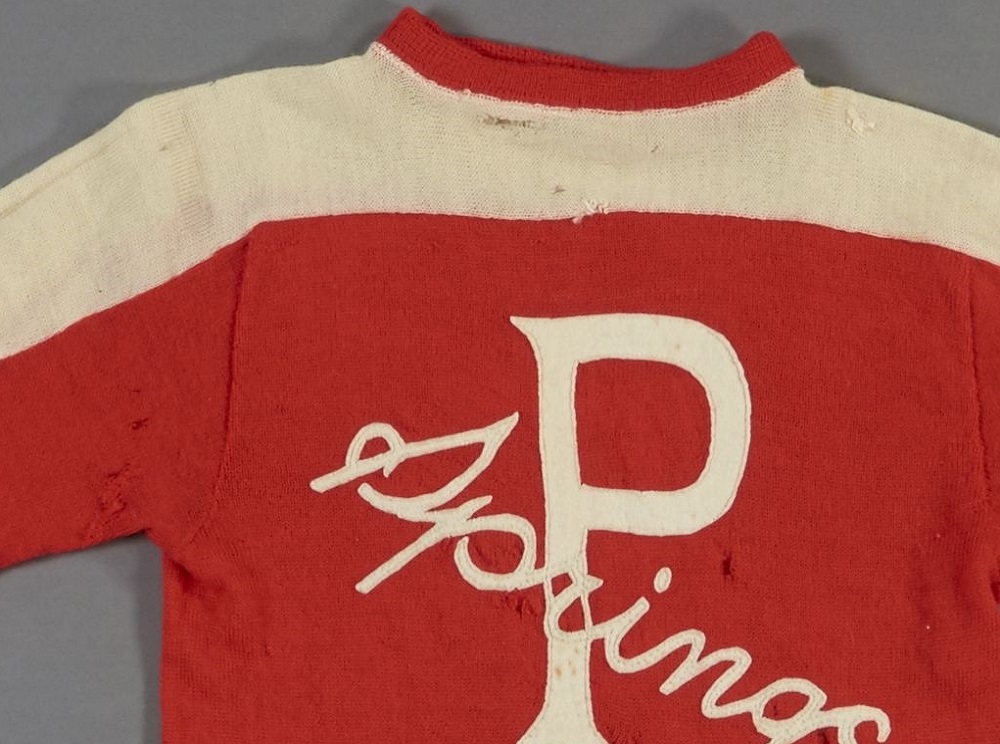
Hockey Sweater
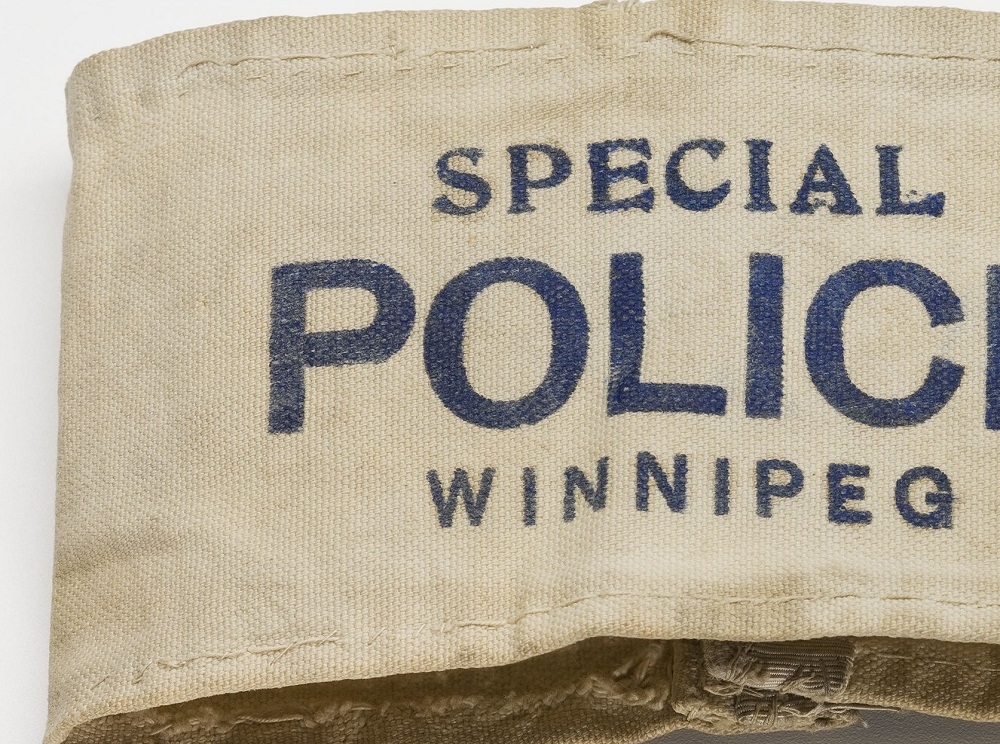
Winnipeg Special Police Band
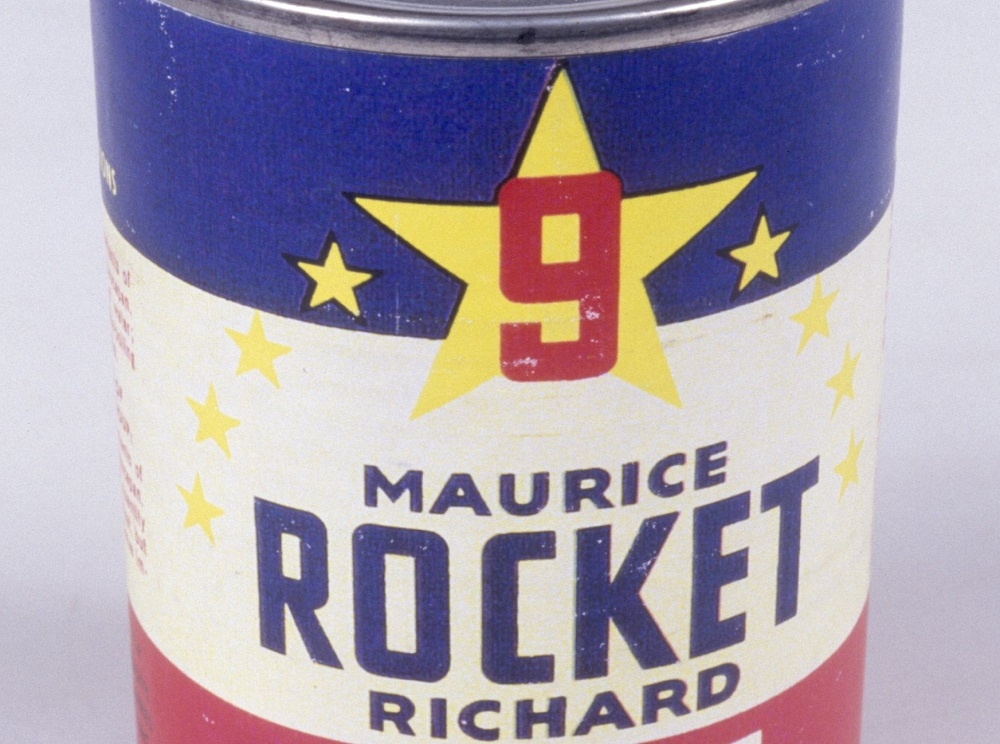
Maurice “Rocket” Richard Soup Can
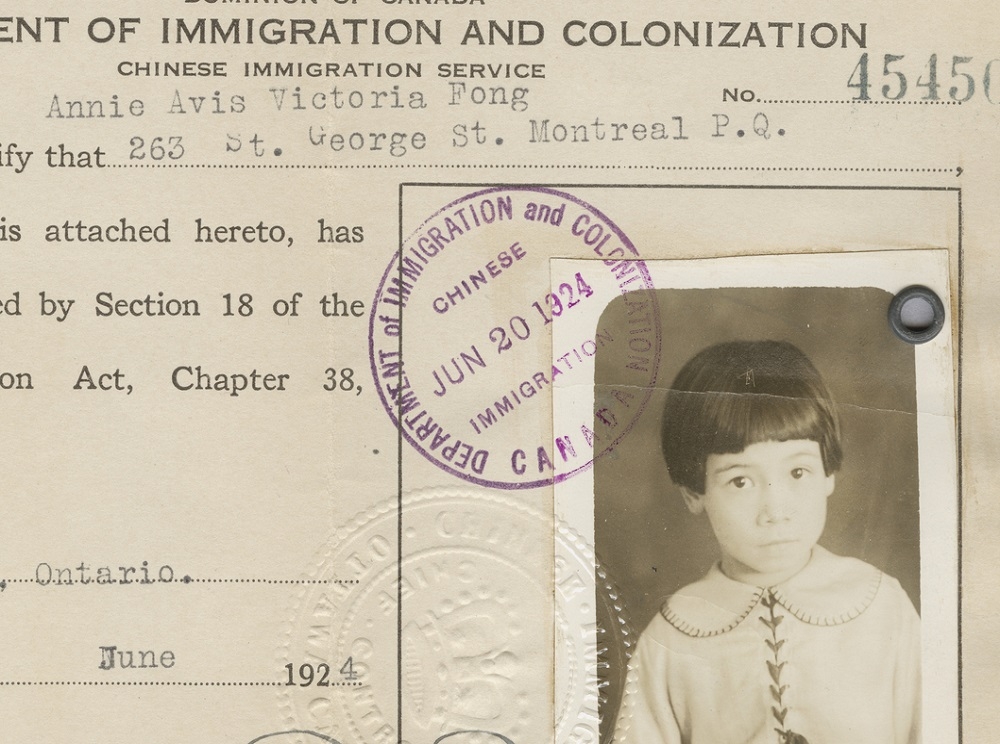
Chinese Immigration Act Certificate
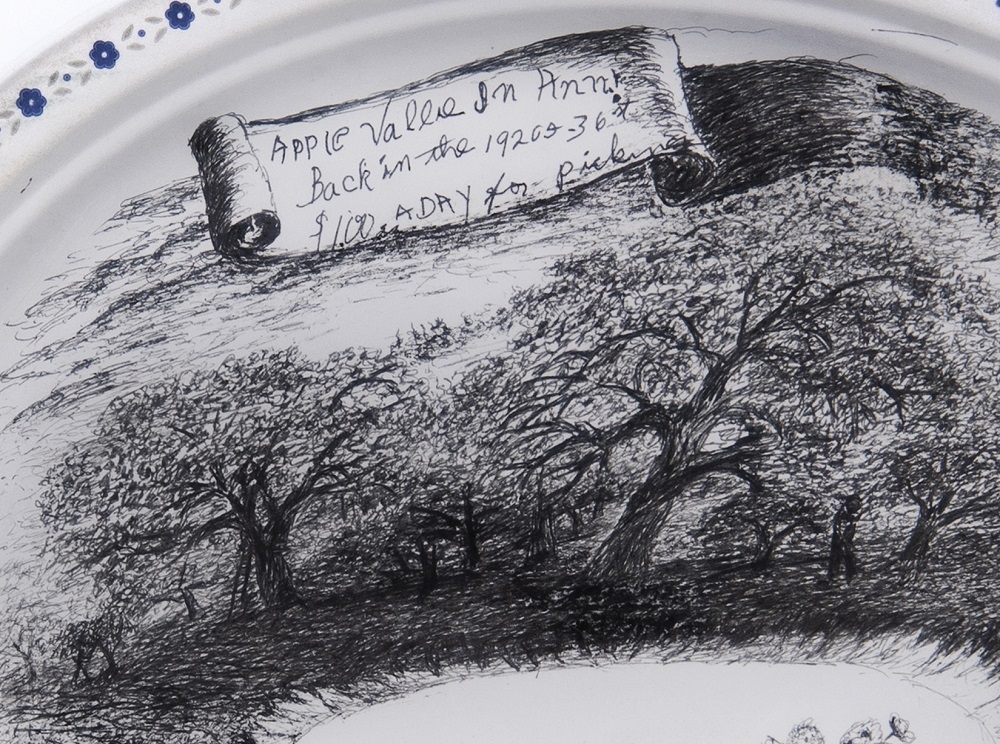
Harold Cromwell Drawing
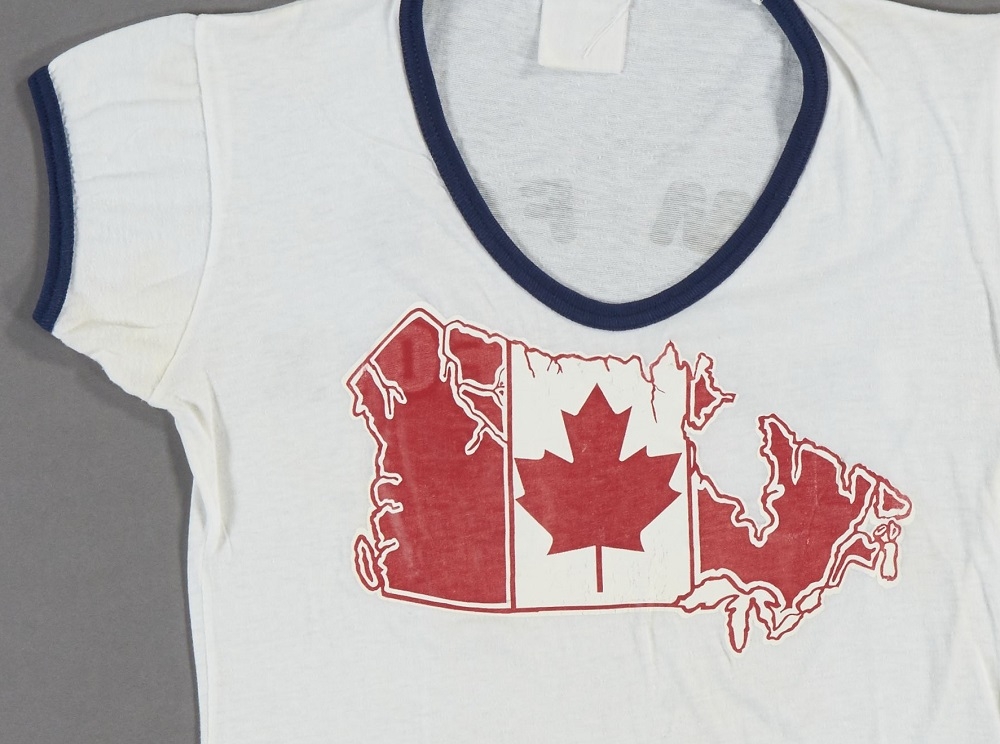
Terry Fox Marathon of Hope T-Shirt
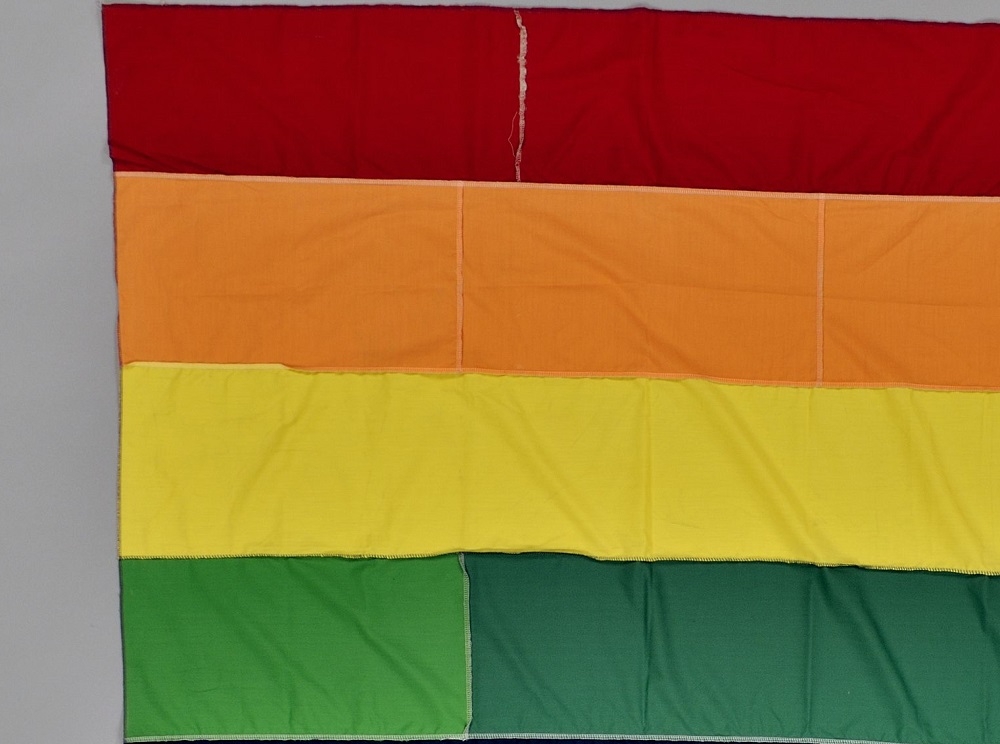
Pride Banner
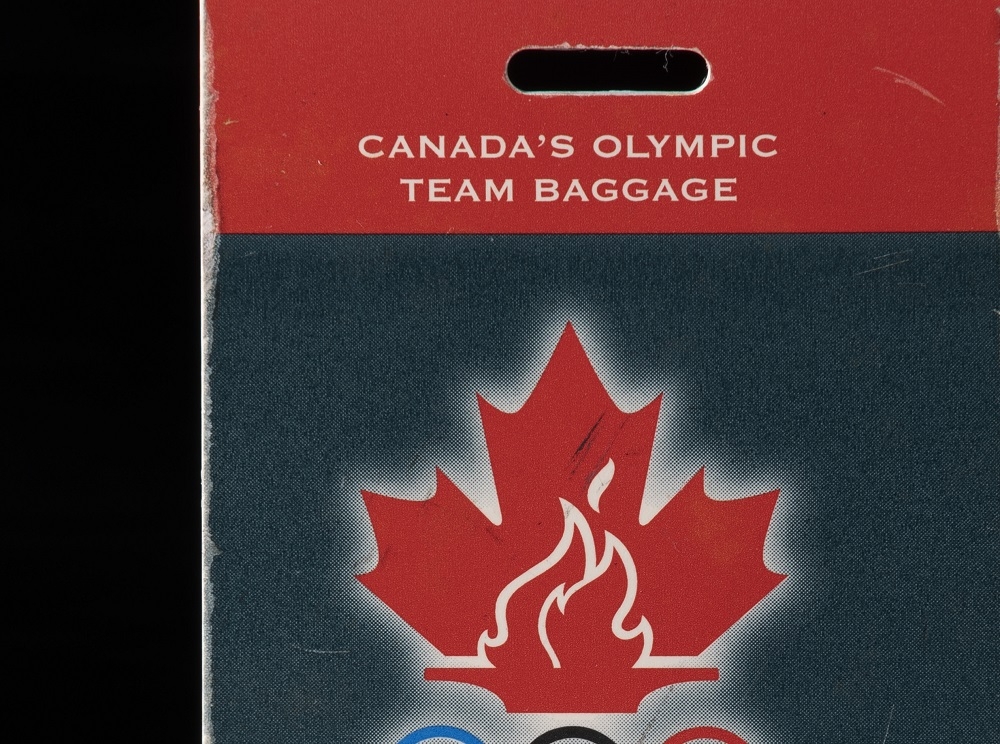
Olympic Luggage Tag

Pink Hat
